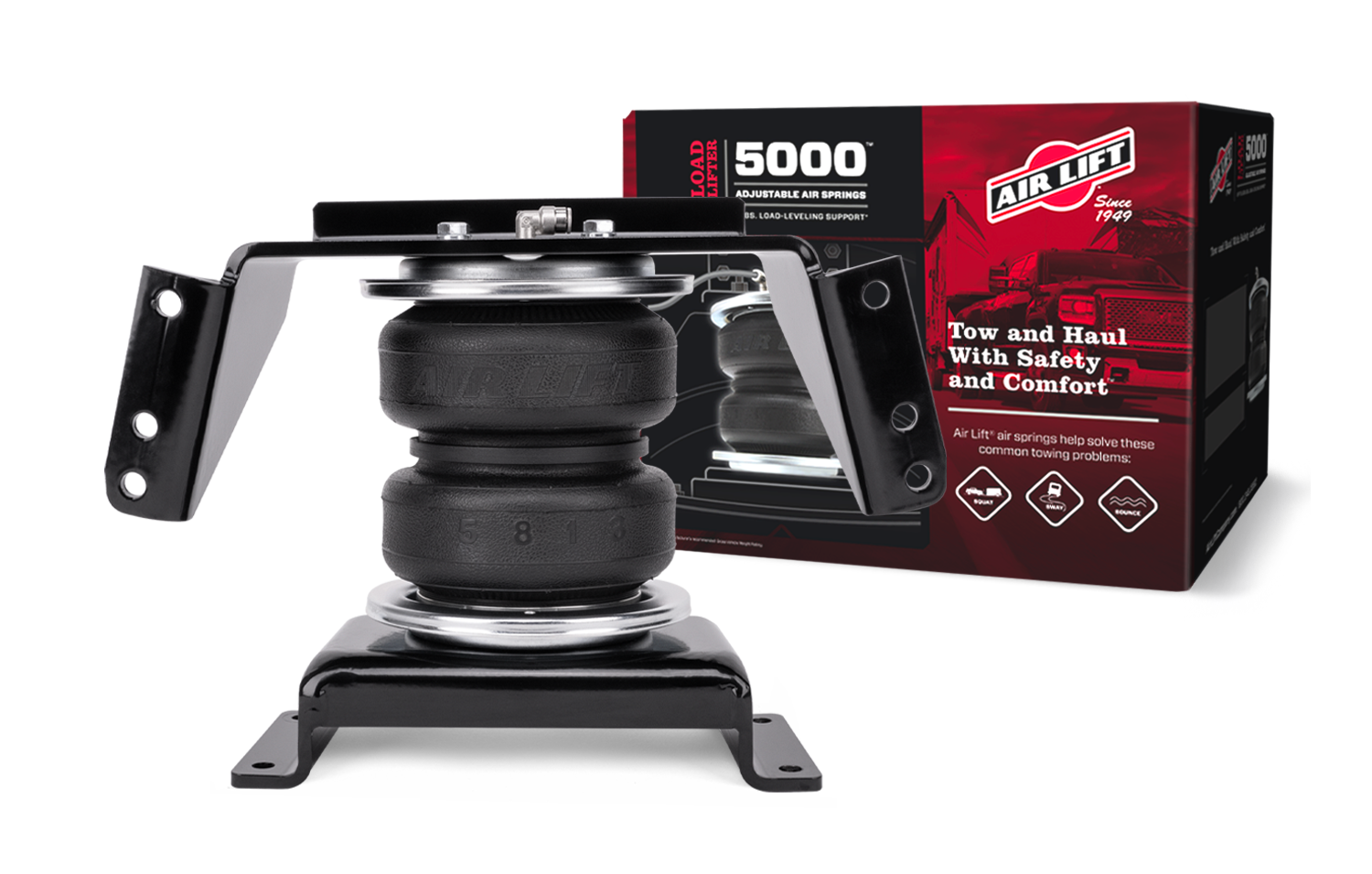
Oil changes are the top maintenance procedure ignored by many drivers.
The Automotive Industries Association of Canada’s latest Consumer Behaviour Series report, Canadian vehicle owner’s attitudes towards maintenance and repair, found that the most ignored maintenance item was related to engine oil with 25 per cent of respondents saying they let oil changes, flushes and checks slide.
Many individuals feel they are too busy, that oil changes are too expensive or that it doesn’t affect their car’s performance. As auto industry professionals, it’s important to reiterate the importance of regular oil changes to consumers. The risk being that, if they don’t, they may run into more time-consuming and expensive problems with their cars down the road.
Below are a few tips on how to drive home messaging to ensure your customers are not overlooking their oil changes.
Educate Consumers
Education and awareness are key when it comes to convincing customers to not delay oil changes. Lack of knowledge on when to change oil and the cost of actually getting an oil change are two of the main reasons why this service goes ignored.
Spreading awareness to your customers through visual aids, demonstrating how to check their engine oil level and breaking down the cost of an oil change compared to the cost of fixing major engine damage due to ignored oil changes can be great tools to encourage customers to come in for regular changes.
Getting back to the basics of understanding a vehicle can also be a great way to educate customers. Breaking down why oil is actually necessary for an engine as well as how fresh oil reduces friction and prevents engine wear and tear can be a helpful tool in spreading awareness on not ignoring oil changes. Many people are also unaware of what each light on their dashboard means, so they may not even realize their car needs maintenance.
Hanging signs with descriptions of what each dashboard light means can be an extremely helpful resource for customers to recognize when it might be time for maintenance.
If the experience is unpleasant and a burdensome task, the more likely the customer is to delay getting their oil changed — or go elsewhere when they finally decide to get the work done.
Be Transparent
Every vehicle make and model is different and it is important that customers understand how often their oil should be changed based on the car they drive. Clearly breaking down all of the factors that go into the frequency of oil changes helps to reiterate why it is important to not delay an oil change.
When meeting with customers, provide personalized recommendations based on the make and model of their vehicle, their driving habits and their environment. Sending them emails with personalized breakdowns of what their specific oil change routine should look like can also serve as a friendly reminder.
This won’t only help the customer understand how often they need to get an oil change, but it will help to strengthen your relationship with them.
Positive Customer Experience
There is often a stigma around the auto care industry. Delivering exceptional customer service during each oil change, ensuring your staff is well-equipped with knowledge to answer any questions and are attentive, will motivate customers to continue coming back for oil changes.
If the experience is unpleasant and a burdensome task, the more likely the customer is to delay getting their oil changed — or go elsewhere when they finally decide to get the work done. Investing in high-quality tools and technology to make the oil change process more efficient will also encourage customers to continue coming in routinely.
Staying engaged with your customers after their visit is another way to ensure they don’t delay their next oil change. After each oil change, it’s a basic practice to place a sticker on the car’s windshield with the mileage that they should come in for their next change.
But there’s more you can do. Sending out reminders via text message or email isn’t only a friendly way for customers to be aware of when their next oil change is coming up but can help keep them engaged with your business.
Motivating customers to make routine oil changes part of their regular car upkeep can help enhance the performance of their vehicles and ultimately extend their vehicle’s life. It can also help to strengthen the trust that they have in you, their auto care professional.
By embracing education, transparent communication and the enhancement of the customer experience, ignored oil changes can become a thing of the past.
Brian Michel is the vice president of operations at Grease Monkey
This article originally appeared in the August issue of CARS magazine












Leave a Reply